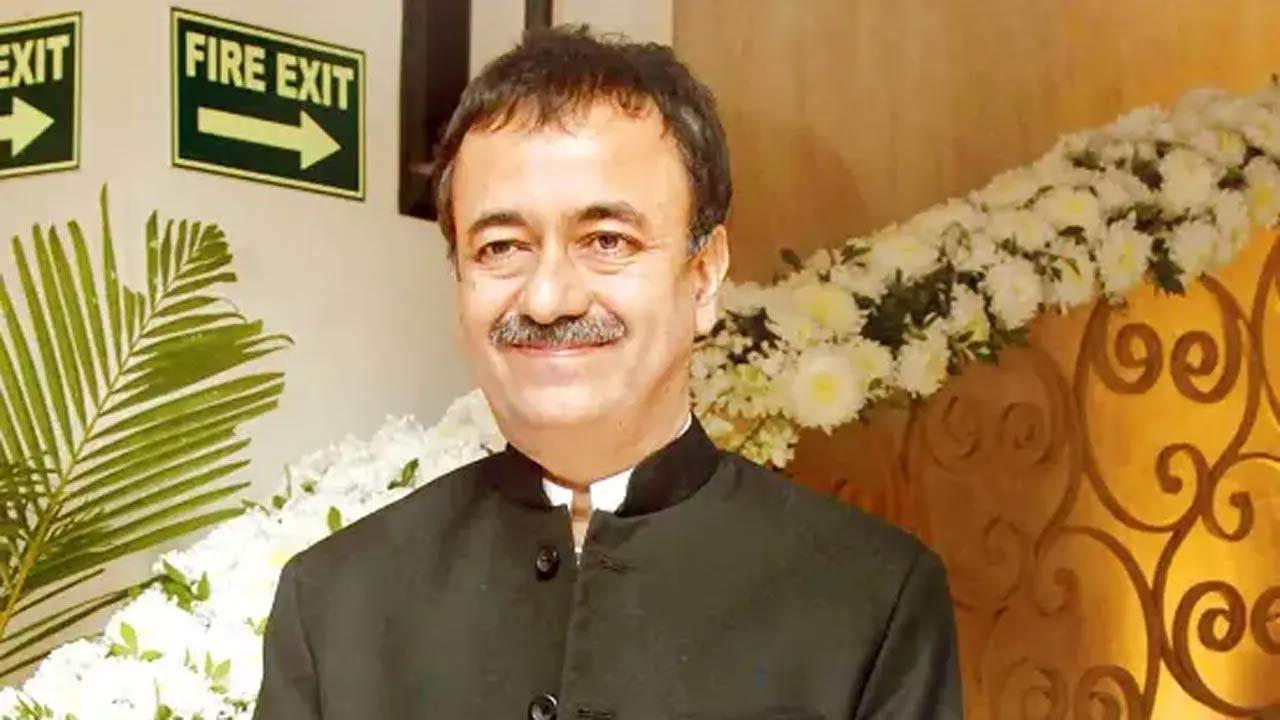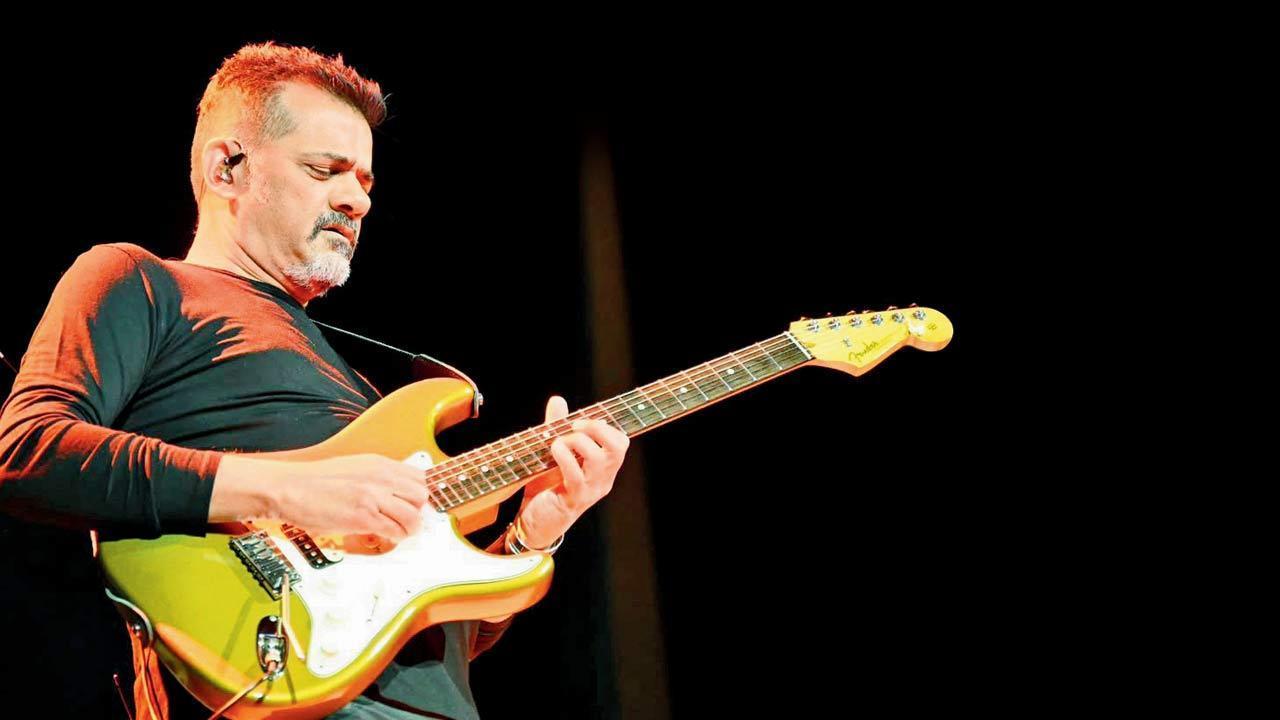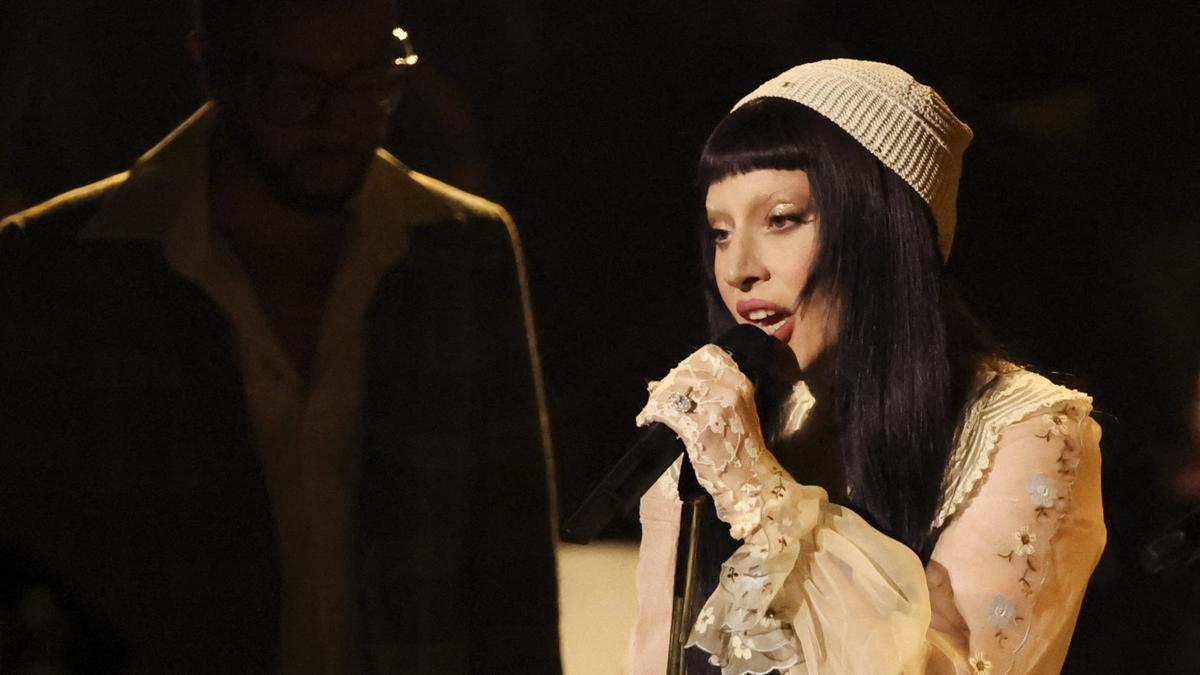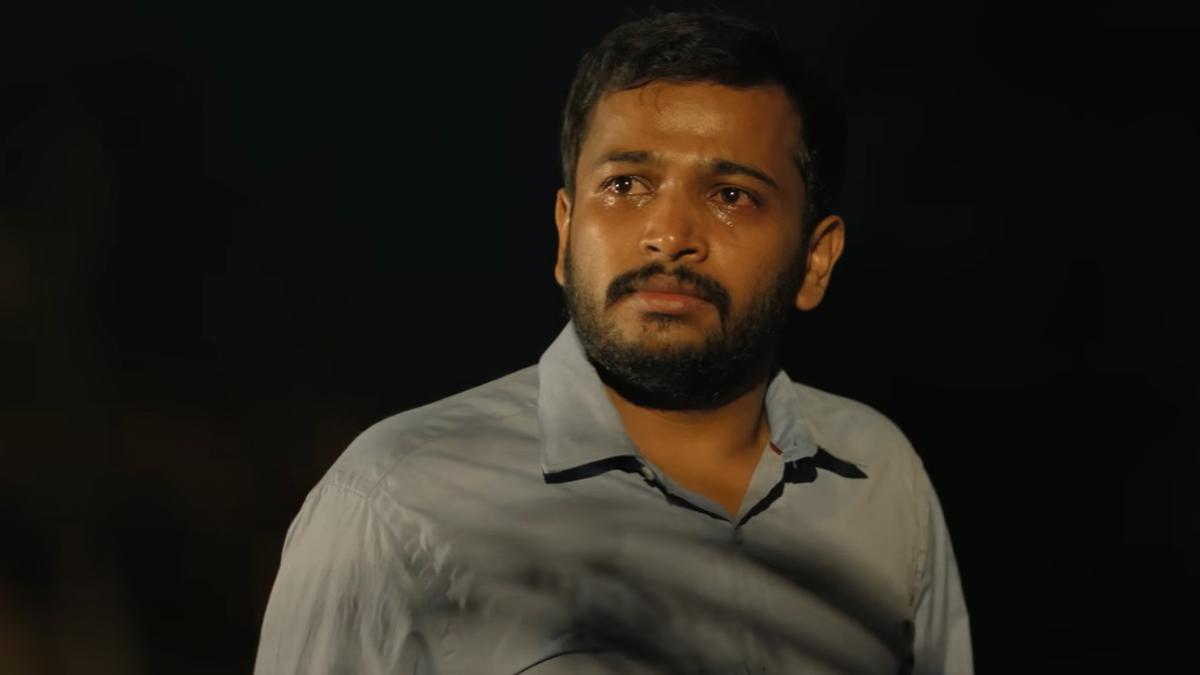
The vibrant city of Hyderabad serves as the backdrop for “Bubblegum,” a Telugu film that gracefully navigates through the complexities of urban romance, societal standards, and youthful aspirations. Unveiling his story on the bustling streets of this multifaceted city, writer and director Ravikanth Perepu introduces his audience to an unorthodox tale that challenges the clichés of cinematic love, transcending beyond surface-level romances often depicted within the genre.
“Bubblegum,” as the title cleverly suggests, is no saccharine tale of love. Instead, it metaphorically equates the experience of romance to the distinct qualities of bubblegum – initially delightful, yet potentially lingering and complicated. As the plot unfolds, the question emerges: Can love, as strong and sweet as it may develop to be, ever be enough to overcome the hurdles of deep-seated differences?
In the heart of this narrative are two protagonists, Adi (played by Roshan Kanakala) and Jhanvi (Maanasa Chaudhary), whose encounter propels them into a whirlwind of emotion and discovery. Adi, emerging from the historically rich Old City with dreams of performing at Tomorrowland, shares his modest life with parents who operate a chicken stall and tend to their home. Jhanvi, in stark contrast, hails from a world of opulence and global exposure. Perepu paints a vivid picture of their disparate backgrounds, one that is rich with cultural authenticity and unimpeded dreams.
The plight of young love unravels as Adi and Jhanvi converge, their journeys interlacing amidst discussions of worldly experiences and local culinary delights. Adi’s humiliation and struggle, juxtaposed against Jhanvi’s privileged outlook on life, form the spine of this love story. Yet, “Bubblegum” stands out in its refusal to demonize any character. It gazes similarly at the insecurities and perspectives of both protagonists, acknowledging their shared age of 22 and the thrill and uncertainty of the horizon that lies before them.
Visual splendor infuses the film from the start, reflecting the energy and colors of club life where love first sparks between the two. By employing an operatic score to soundtrack their dates and imbuing the scenes with humor, especially through the interactions between Adi and his father (portrayed by Jayram Eshwar), the film stays afloat in its lighter moments, despite the undertones of a more serious familial bond developing.
Suresh Ragutu’s cinematography and Sricharan Pakala’s music set a vivid and emotional ambiance that elevates the narrative, guiding viewers through the vibrancy and the ensuing darkness as Adi and Jhanvi’s worlds steadily collide. A tale of overcoming obstacles and adapting to one another’s worlds unfolds, underlined by an operatic vegan-meal sequence that amusingly contrasts with Adi’s meat-chopping expertise.
As their journey progresses, frailties and social divisions reveal themselves to challenge the lovers’ resilience. “Bubblegum” boldly navigates these controversial waters, fitting neither into the cookie-cutter mold of a typical love story nor settling for a one-dimensional portrayal of romance. Nevertheless, with a narrative that somewhat stumbles into repetitive conflicts and rushes character developments in the concluding chapters, “Bubblegum” is not without its imperfections.
Through earnest scriptwriting and dynamic soundscapes alongside commendable debut performances, “Bubblegum” shines. Roshan Kanakala, capturing the essence of both confidence and vulnerability, alongside Maanasa’s portrayal of graceful privilege, steer the story with authenticity. The ensemble cast, featuring Harshavardhan, Anu Hasan, and Bindu Chandramouli among others, rounds out the characters while weaving a resident sense of familiarity and nuance into this urban tapestry.
Perepu’s “Bubblegum” emerges as an intriguing addition to the Telugu cinema landscape, a film that resonates with the individuality and imperfections that so often define the human experience. It’s a narrative that dares to ask profound questions about love and compatibility, wrapped in a colorful and candid depiction of two worlds merging – imperfect, yes, but undoubtedly fascinating.










